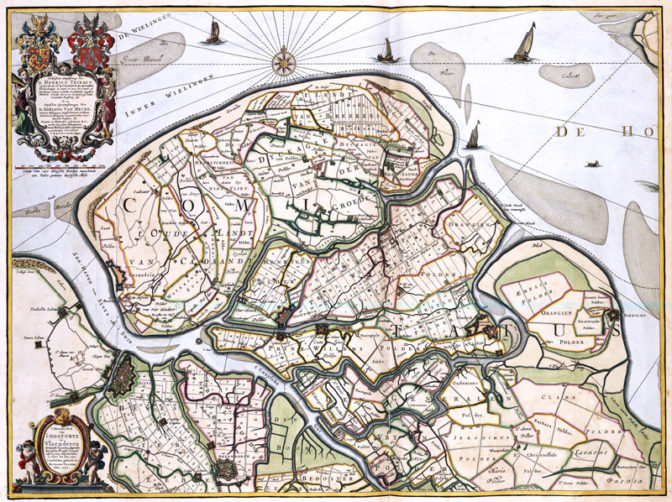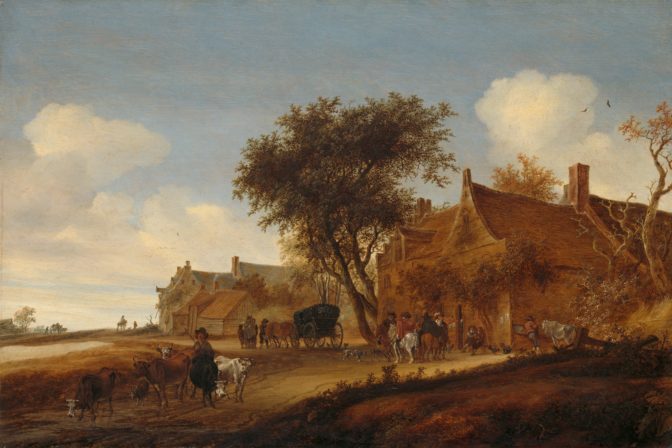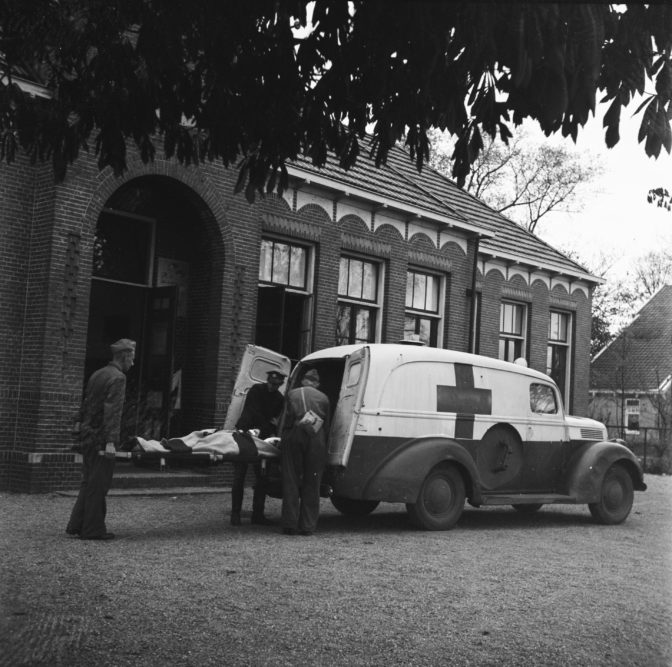Here is an overview of the new sources, projects, and news about archives that were announced last month.
Online records
- Population registers of Maastricht fom 1850 to 1920 have been indexed and are availble at the Regional History Center Limburg website.
- Scans of Civil Registration Records from the Heusden and Altena area are now available online. A project is underway to index the information.
- Notarial records from Weesp from 1609 to 1812 have beeen added to the website of the Regional Historical Center Vecht and Venen. The index contains more than 30,000 names.
- The Brabants Historisch Informatiecentrum published indexes and scans of church records, court records, and notarial records of several towns in East-Brabant, mostly from the period 1650-1811.
- 778 building permits of the former municipality of Hoogland (1892-1950) have been indexed and the findinig aid is now online.
- Notarial records, population registers, and church records of several towns in the West-Friesland area of Noord-Holland are now available at the West-Fries Archief website.
- Eric Schmidt-de Smidt published several transcribed and indexed records from the west of Zeeuws-Vlaanderen on his website. This includes town, church, and tax records fom Axel, Cadzand, Retranchement, and Nieuwvliet, from between 1500 to 1800.

Zeeuws-Vlaanderen in 1656. Credits: Nicolaes Visscher (public domain)
Books and magazines
- The Fryske Akademy [Frisian Academy] published twenty years of its genealogical publication Genealogysk Jierboek [Genealogical Yearbook]. The books and indexes can be downloaded from their website. The articles in the year book are in Dutch or Frisian.
- The back issues of the magazine Holland and its predecessors can be downloaded from the Tijdschrift Holland website.

Dutch landscape with in, 1665. Credits: Salomon Ruysdael, collection Rijksmuseum (public domain)
Archives
- The records of the Christian Reformed Church of Sprang-Kapelle (1835-2017) have been cataloged. The catalog is available online. The records can be accessed in the reading room of the Langstraat Heusden Altena Regional Archives.
- The Dutch Red Cross turned their War records over to the National Archives of the Netherlands. Since 1909, the Red Cross had the task to inform the families about casualties, wounded, and prisoners-of-war. During World War II, the Red Cross traced missing persons such as Jews, Sinti, Roma, and prisoners-of war and informed families what happened to their loved ones. After the war, they were involved in creating death records of people who had been missing since the war. The resulting records cover 1.3 km (almost a mile), and include data on 1.5 million people. These records have now been turned over to the National Archives, who will inventory the collection to make finding aids. The records will become available to the public toward the end of the year. [Source: Announcement National Archives]

Red Cross Ambulance in World War II. Credits: Willem van de Pol, collection Nationaal Archief (public domain)
Projects
- One of the biggest collections of occult texts is going online. The Dutch Ritman Library has 4,600 books in their collection. 1,617 books are already available online thanks to a gift by Dan Brown, the author of The Da Vinci Code.

